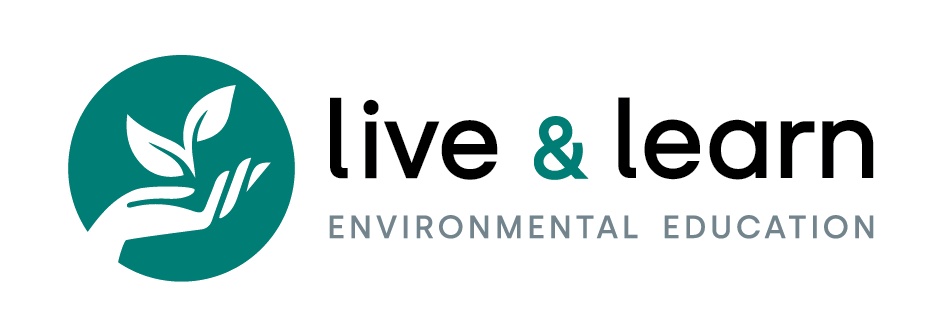
As part of a series on ACFID Quality Principles, CEO of Live & Learn, and ACFID board member, Christian Nielsen, talked to ACFID about the power of localizing development efforts….and why he cringes when Pacific Island states are referred to as “failing states.” An extract of the interview is below:
What does Quality Principle 3 (Sustainable Change) mean to you?
Complying with Quality Principle 3 has transformative implications on the way the we operate at many different levels. Transformational in the sense that it prompts continuous appraisal and reflection on our practice and partnerships. We know that working to change the enabling environment is much more challenging than simply delivering services. It takes sincere partnerships, integrated approaches, and an ability to connect with different levels in society. This requires different skillsets and knowledge to the more traditional roles of NGOs.
As the CEO of Live & Learn, how have you contributed to building up the capacities of your partners and primary stakeholders?
What inspires me is when organisations and individuals come together and acknowledge their strengths and weaknesses in pursuit of a common goal. Having spent most of my career in the Pacific I have seen the power of development approaches that focus on building confidence and connectivity, and that use strengths and attributes that already exist.
In the Pacific we work with more than 500 partners including local schools, health clinics and local institutions, and many of these partnerships stretch over a 10-year period. Localising development efforts and allowing space for people and communities to grow in their own time and over time brings the confidence and sustained capacity that will lead to change that lasts.
How has Live & Learn worked with local organisations and primary stakeholders to promote their own development?
Our programming and prioritising is done by our local country offices from a perspective relevant to the challenges that are unique to that country. Partnerships with governments are key – it connects what we do on the ground with the bigger picture. For instance, government partnership is a foundation of our WASH approach. Programs start by aligning with national WASH policies, then building engagement with the right government agencies.
Acknowledgement is also very important. Acknowledgement of what people already know, the strengths they have and the systems that are already in place to drive their own development. We acknowledge strength in others and work from a position of this strength. It always disappoints me when I hear from various sectors that Pacific Islanders are low in capacity and capability – I cringe when I hear Pacific Island states are referred to as “failing states”. Understanding and acknowledging local context should be the basis for any development.
I believe vertical linkages and alignments between community-based approaches (and priorities) and sub-national/national strategies, capacity and policies is critical. Building these linkages and alignments requires careful framing of the development discourse around inclusion, resilience, economic growth and equality. It requires institutionalising sustainability practice across government systems, local institutions and existing community structures as opposed to creating imposed and parallel systems. 
***********
You can read the full article on the ACFID website.

